All welcome to the seminar happening today. Room R301 (Royal London House), 13:00-14:00. Feel free to bring your lunch with you.
An exploration into the dynamics of being an international student and the complexities surrounding their placement and employability prospects
Abstract
The experience of students gaining work placement has become an integral part of the United Kingdom (UK) Higher Education (HE) system in an attempt to help prepare students for the world of work. Whilst much has been written about this subject, the majority of the research centres on the UK domicile learner. Considering the importance of the HE internationalisation agenda, the drive to increase the recruitment numbers of international students (IS) and the fact that the need to gain work experience extends to include IS, there is little published literature which explores the work placement experiences from an international student perspective. This presentation reports on an instrumental case study which explored the experiences of IS with a view to understanding the challenges they face identifying, securing and successfully completing a work placement. Findings suggest substantial challenges exist and a framework is proposed to help the university improve the international students’ placement experience and employability prospects.
Marcellus is Research Fellow in the Centre for Excellence in Learning at Bournemouth University. His involvement in the Centre touches on some of the key areas in the discipline of Education such as University Community Engagement, Graduate Employability and Education for Sustainable Development.
If you have any queries about Social Science Seminar Series, please get in touch with Dr Mastoureh Fathi (mfathi@bournemouth.ac.uk).
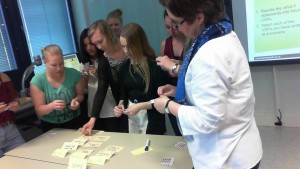
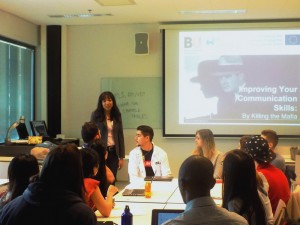


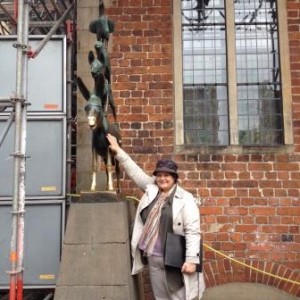 I have just returned from a 2 week Erasmus professional staff mobility to Bremen University’s “International Staff Week” and special admin training with the local coordinator of the
I have just returned from a 2 week Erasmus professional staff mobility to Bremen University’s “International Staff Week” and special admin training with the local coordinator of the 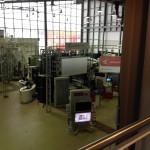
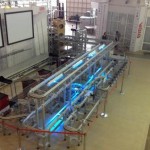
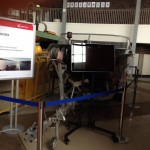

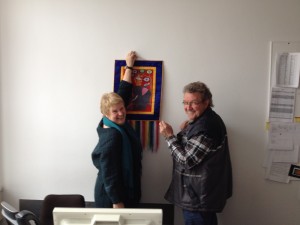
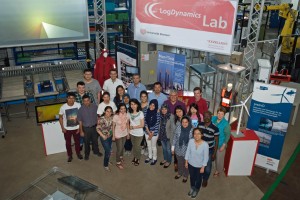

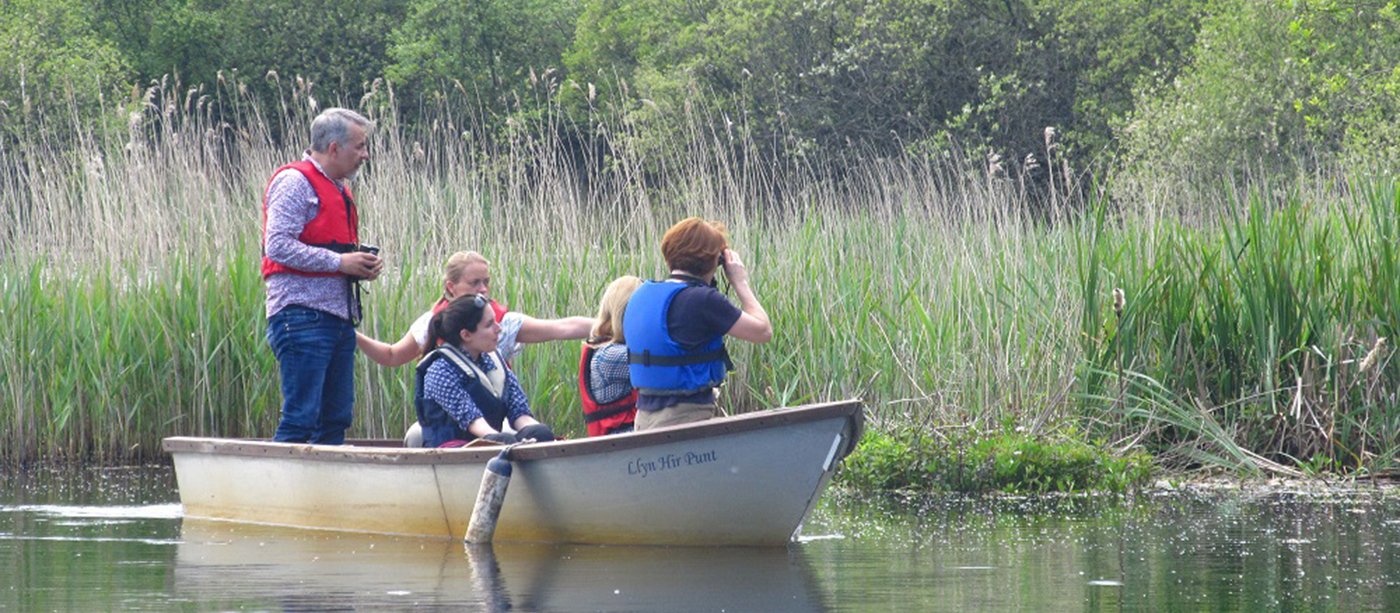


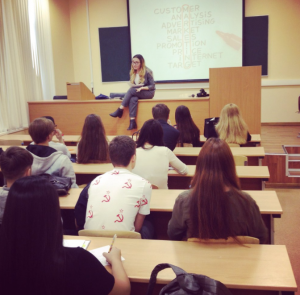
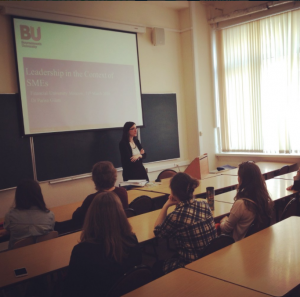

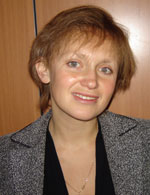
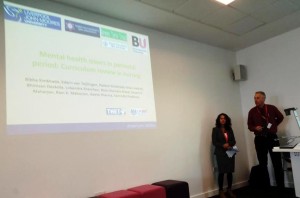
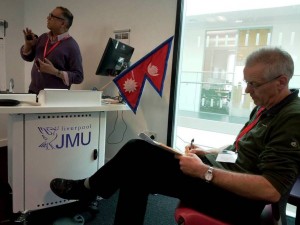



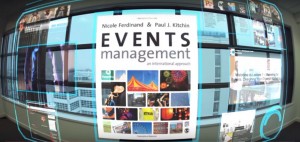

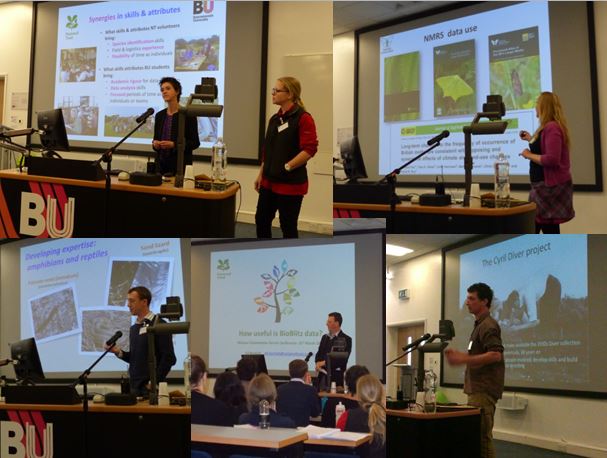
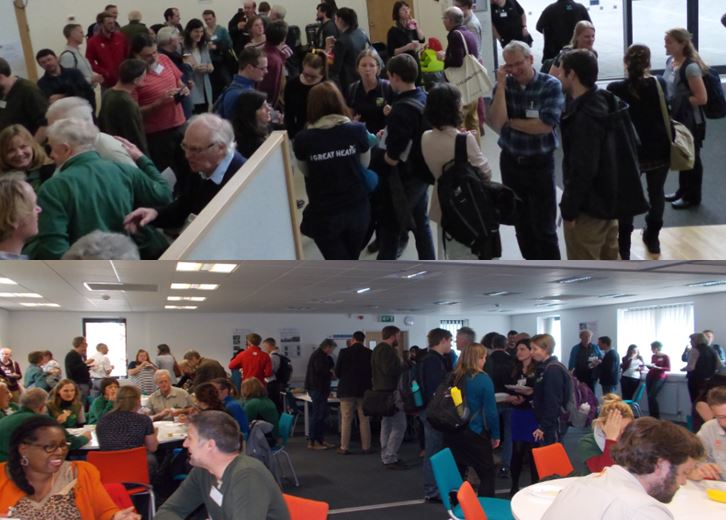
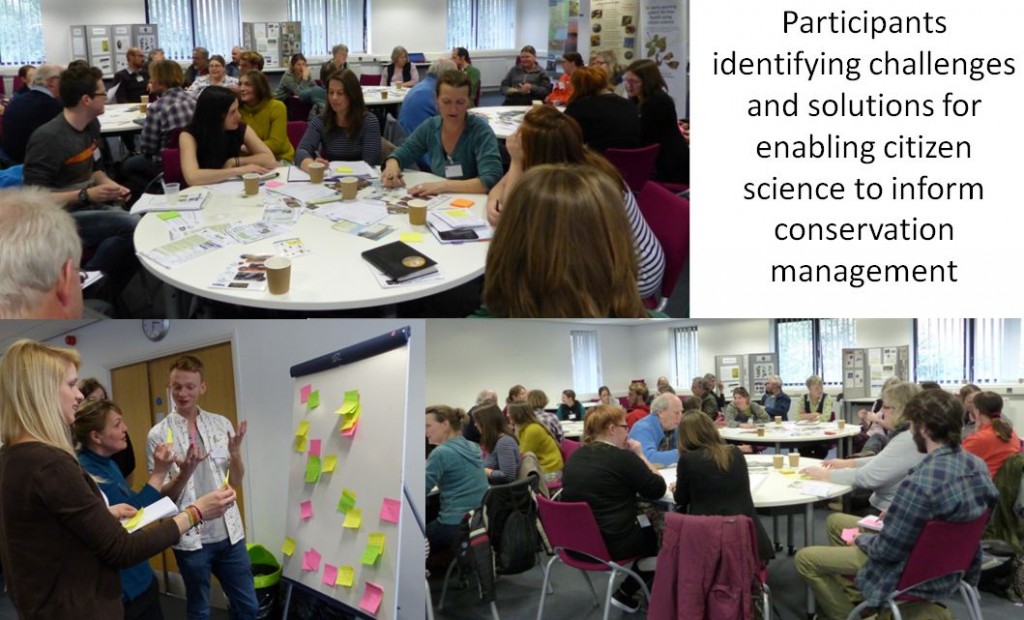
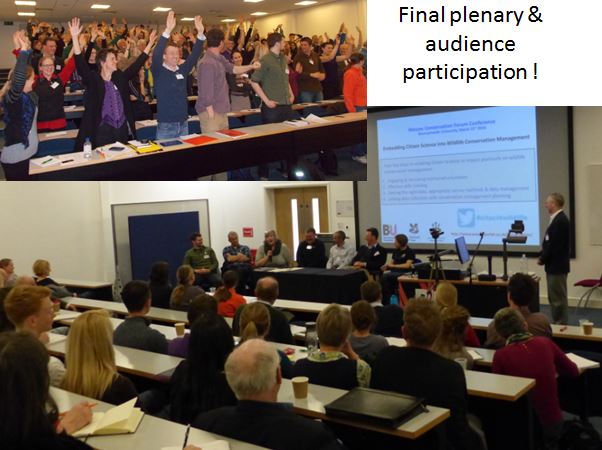
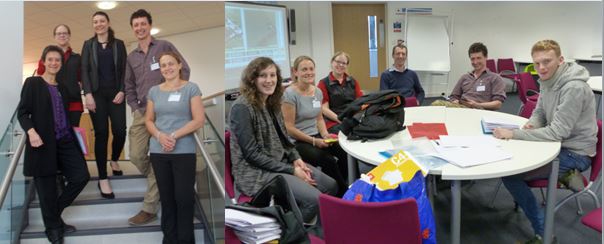


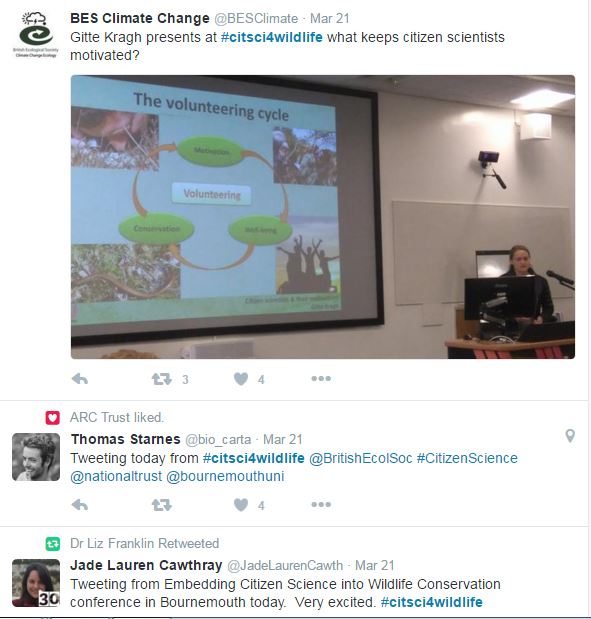
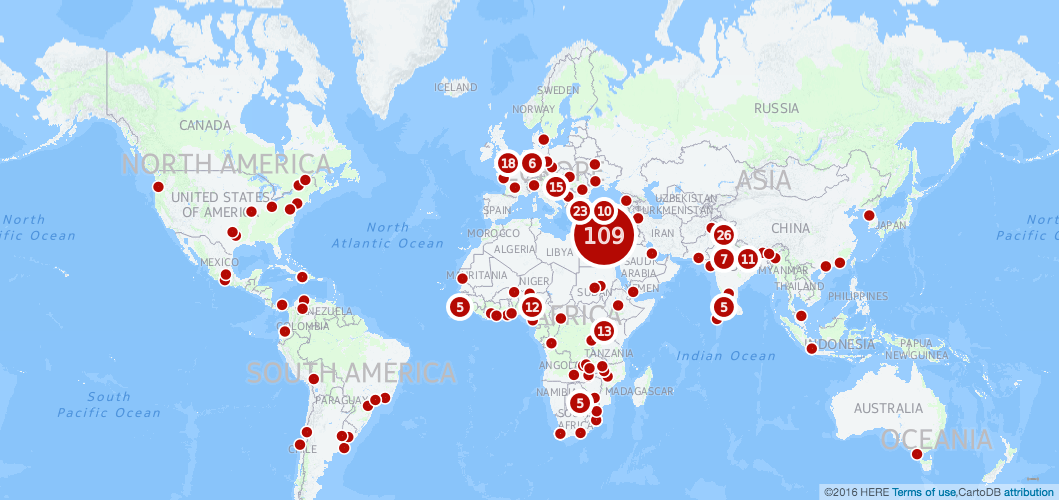











 From Sustainable Research to Sustainable Research Lives: Reflections from the SPROUT Network Event
From Sustainable Research to Sustainable Research Lives: Reflections from the SPROUT Network Event REF Code of Practice consultation is open!
REF Code of Practice consultation is open! BU Leads AI-Driven Work Package in EU Horizon SUSHEAS Project
BU Leads AI-Driven Work Package in EU Horizon SUSHEAS Project Evidence Synthesis Centre open at Kathmandu University
Evidence Synthesis Centre open at Kathmandu University ECR Funding Open Call: Research Culture & Community Grant – Apply now
ECR Funding Open Call: Research Culture & Community Grant – Apply now ECR Funding Open Call: Research Culture & Community Grant – Application Deadline Friday 12 December
ECR Funding Open Call: Research Culture & Community Grant – Application Deadline Friday 12 December MSCA Postdoctoral Fellowships 2025 Call
MSCA Postdoctoral Fellowships 2025 Call ERC Advanced Grant 2025 Webinar
ERC Advanced Grant 2025 Webinar Update on UKRO services
Update on UKRO services European research project exploring use of ‘virtual twins’ to better manage metabolic associated fatty liver disease
European research project exploring use of ‘virtual twins’ to better manage metabolic associated fatty liver disease